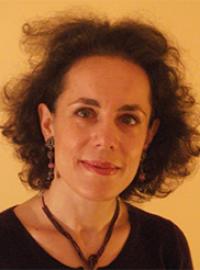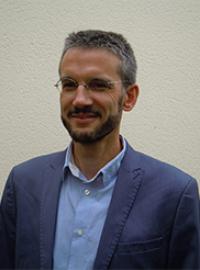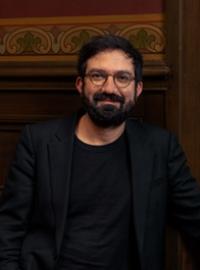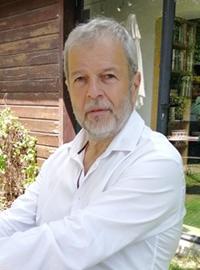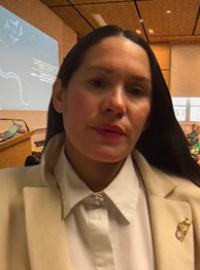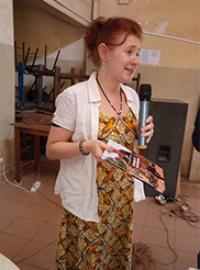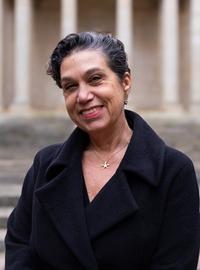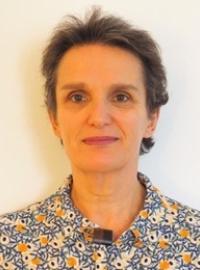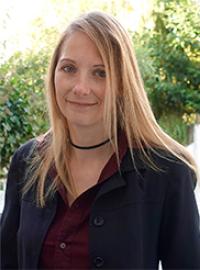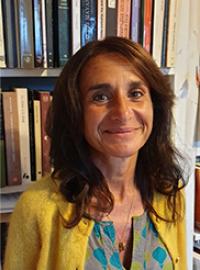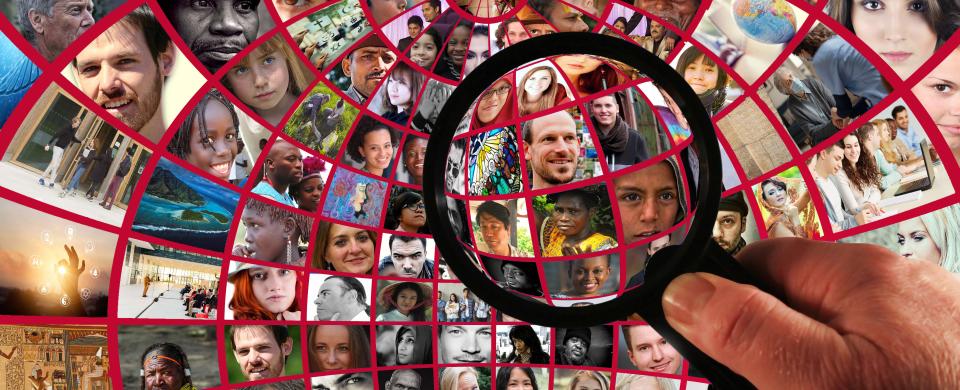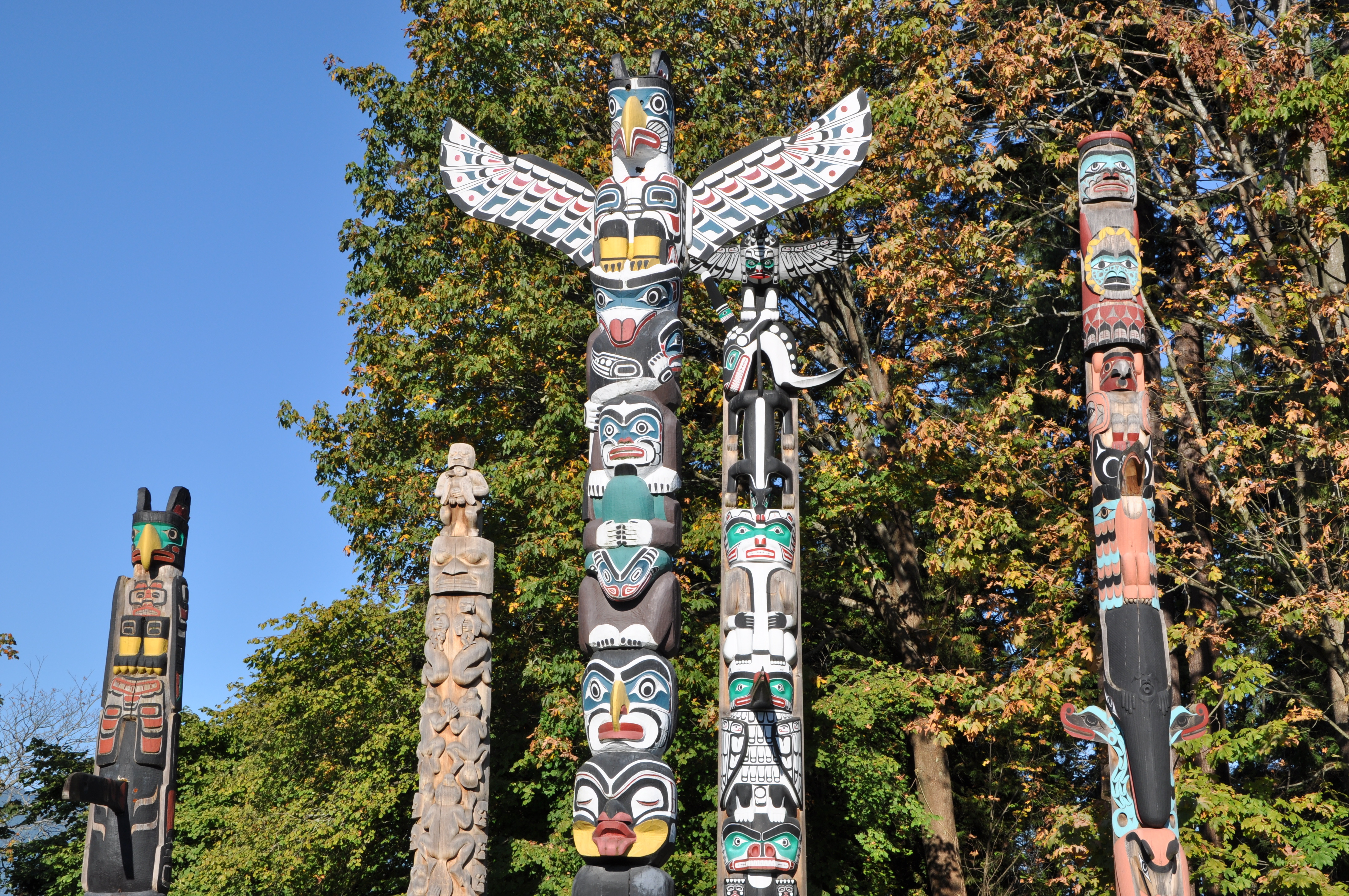
Master of Science in Religions and Societies
Université PSL

As a multidisciplinary master’s degree, it combines historical, sociological, anthropological, philosophical, and legal approaches to encourage a holistic understanding of complex social phenomena. Co-accredited by the EPHE-PSL and the EHESS, the diversity and richness of the courses offered at these two institutions make it a unique, cutting-edge program.
The master’s degree in religious and social sciences at PSL University is co-accredited by the EPHE-PSL and the EHESS. The diversity and richness of the courses offered at these two institutions make it a unique, cutting-edge program. It is a multidisciplinary master's degree that combines historical, sociological, anthropological, philosophical, and legal approaches to encourage a comprehensive understanding of complex social phenomena. Courses are held in Paris and on the Campus Condorcet.
Pedagogical objectives
This master's program aims to provide students, primarily with undergraduate degrees in the social sciences and humanities, with the theoretical and methodological foundations necessary to pursue doctoral research or enter professional life. Upon completion of this program, students should:
- Be familiar with the major theoretical issues and debates in religious studies: historiography and bibliography of the various fields studied, scientific debates, and the state of research.
- Be proficient in the methods and tools of religious studies research from a transdisciplinary perspective: fieldwork approaches, survey techniques, and archival knowledge.
Acquire an initial specialization in one of the disciplines taught (anthropology, history, sociology, philosophy), through specialized courses and the writing of a master's thesis that may lead to research leading to a doctoral degree.
As of the 2025/2026 academic year, only the Social Sciences of Religions track will remain.
Master 1: 60 ECTS credits divided into 9 courses (including one language course) and an internship in S1 and S2. The core curriculum for all four tracks consists of the "Introduction to Fundamental Knowledge" course units (2 annually for each track).
Master 2: 60 ECTS credits divided into 5 courses in the form of a seminar and a methodological workshop, and a research dissertation.
Recommended undergraduate majors for admission to the M1 program
- Bachelor's degree in Humanities, History, Literature, Political Science, Sociology, Social Sciences, Humanities, Anthropology, Ethnology, or Philosophy.
- Undergraduate degrees demonstrating the acquisition of skills comparable to those of graduates of the programs listed above will also be carefully considered (e.g., an undergraduate degree from the École du Louvre).
Recruitment Procedure
Based on application files
Expected upon entry to the M1 program
- To demonstrate the acquisition of academic and/or personal knowledge and skills in the field of Religious Studies, as well as writing and synthesis skills.
- To have an appetite for multidisciplinary work and intellectual curiosity.
- To present a research project aligned with your training and skills.
- A proficient written expression in French. For international applicants without proof of French language proficiency (B2 level), a test must be taken at the start of the academic year, and FLE learning will be mandatory below B2 level.
- Soft skills: must be independent and able to commit significantly to personal work (bibliographic work and scientific reading).
General criteria for reviewing applications for M1
- A tutor’s certificate
- A cover letter.
- Research project with signed agreement from the future tutor who will lead the research and who must be a member of the program.
- A Curriculum Vitae.
- Copies of higher education diplomas; translations into French for foreign diplomas or, in the absence of it, into English.
- Copies of higher education transcripts (L1, L2, S5 of L3 required); translations into French for foreign diplomas or, in the absence of it, into English.
- A letter of recommendation (optional).
Composition of the Recruitment Committee
13 members - 9 study directors, 3 research associates, and 1 research and training officer.
2025/26 Recruitment Calendar
- From February 25th to March 24th, 2025
Recruitment for the first year master’s program will be conducted on "My Master's," the national master's platform..
This platform is intended for:
- students holding (or preparing for) a national bachelor's degree or another diploma granting access to the master's program, whether they are French citizens or nationals of the European Economic Area, Andorra, Switzerland, or Monaco;
- foreign applicants whose country of residence does not benefit from the Études en France program (list of countries available on the Campus France website and the Études en France portal).
Applicants of foreign nationality (excluding nationals of the European Economic Area, Andorra, Switzerland, or Monaco), whose country of residence is eligible for the Études en France program, as well as applicants seeking admission to the second year of a master’s degree, must submit their applications through PSL University's TALENT recruitment platform.
Applications on the "My Master's" website will be available starting February 25th, 2025. Applicants must go directly to the platform to apply for the first year of the master’s degree.
Information on this program and the schedule are available on the Ministry of Higher Education and Research website..
Applicants excluded from the program and seeking admission to the second year of a master’s degree are invited to submit their applications through l PSL University's recruitment platform.
The master’s degree in Religions and Societies offers four tracks.
These four tracks offer core courses, particularly introductory courses, which can be shared within the «Science in Religions and Societies" major or with the "Civilizations, Cultures, and Societies" major. This core curriculum aims to provide students with the transdisciplinary training essential for any subsequent specialization. In S1 and S2, as soon as they start the first year of the master’s degree, students must choose a specialized course, which is generally the tutor's seminar.
- Social Sciences of Religion (SSR)
This program aims to provide students with general and technical knowledge, as well as disciplinary and transdisciplinary skills, enabling them to conduct independent research as part of a doctoral project or other activity involving a strong knowledge production dimension. The program aims to gradually build knowledge and expertise that is both specialized and open-ended.
- Religions and Secularism in Professional and Community Life - Closed for the 2025-2026 academic year
This program offers students a general education program that, while remaining within the framework of a master's degree program, leads not to a doctorate or scientific research, but to various career categories in the workforce. This program includes courses shared with the Social Sciences and Humanities program but draws more specifically on the resources and guidance of the Institute for the Study of Religions and Secularism (IREL) in terms of management and educational organization.
- The "Islam in Contemporary Contexts" and "History of the Jewish Worlds" tracks - Closed for the 2025-2026 academic year
These last two tracks were designed to complement each other. The Islam track in the Social Sciences and Humanities major seeks to highlight the place of Islam in contemporary society; similarly, the Jewish World track focuses on the religious history of the Jewish people through the centuries. These two tracks will also include comparative perspectives.
- Careers in research, culture, publishing, teaching, journalism, human resources, local government, and mediation.
- Opportunities to continue your studies at the doctoral schools of EPHE-PSL or EHESS.
At the EPHE-PSL, the internationalization of our courses means that every student has the opportunity to undertake a study or internship mobility program.
The International Relations Department assists students in defining and implementing their projects, identifying the most appropriate financial instruments and schemes.
Holder of the “Welcome to France” label and the Erasmus+ 2021-2027 charter, the EPHE-PSL has also been welcoming a large and growing number of international students for many years.
Go to International relations
Download: Directory of financial mechanisms and instruments for international projects
Who should you contact? International Relations Department
